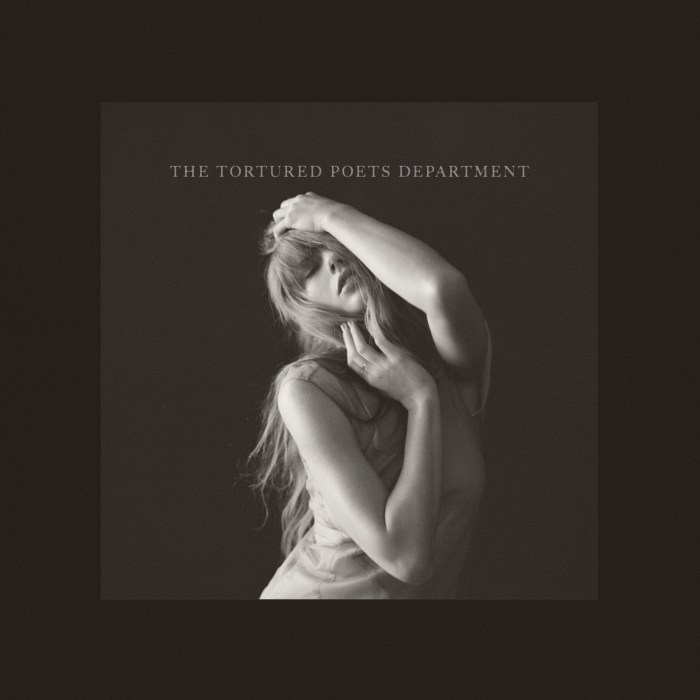By Chris Fuchs
The Asian American Legal Defense and Education Fund, a 23-year-old non-profit, civil rights organization, said it received numerous complaints from Chinese- and Korean-American voters who said they encountered obstacles throughout Election Day.
The allegations were centered on voters being intimidated when they voted, a lack of translators at polling sites and errant translations on Chinese-language ballots, said Glenn D. Magpantay, a legal fellow of the fund.
The Asian American Legal Defense and Education Fund canvassed Queens, Manhattan and Brooklyn with poll watchers, inspecting sites for violations and interviewing voters to learn which candidates they voted for. Magpantay said the fund had not compiled that data as yet for Queens.
In the Dec. 22 letter, addressed to Daniel DeFrancesco, the executive director of the city Board of Elections, the fund sketched in detail examples of the impediments non-English-speaking voters faced when they had tried to vote. The fund said there was an insufficient number of translators at polling sites, if there were any at all, adding that poll watchers observed some voters leave when their attempts to locate a translator proved fruitless.
At one site in Flushing, a senior citizen center, an interpreter told one voter to vote only for Democrats, the letter said. Some time later at this same site, an election inspector pressured a voter to pull the lever in the booth and then rushed the voter out, the letter said. And another inspector, the letter said, hampered one person from casting a vote by refusing to give the voter an affidavit ballot.
And then there was this blunder: the party headings, Democrat and Republican, were transposed on Chinese-language ballots. The letter said the fund had brought the error to the attention of the Board of Elections at 9:45 a.m., reminding them about it several times during the day. But by 4 p.m., the letter said, elections workers told the fund they were still not informed about how to remedy the mistake.
In an interview a week after Election Day, Naomi Bernstein, a spokeswoman for the Board of Elections, said the board had become aware of the error early on but could not correct it on the ballot in time. The congressional, state senate and state assembly races were all affected by this mistake, with ballots listing candidates who were “Republicans” as “Democrats” and vice-versa. The board did not know whether this error had affected the outcome of the elections.
In addition to these complaints, the letter went on to detail other allegations, for example, that the Chinese characters on the ballot were too small, thus making it difficult for the elderly to read, and that first-time voters never received postcards confirming their registration.
The letter said the board sent magnifying glasses to sites for voters who could not read the characters – a fact confirmed by the Board of Elections – but election workers were not properly instructed about what to do with them.
Voters who registered for the first time, having received no confirmation in the mail, said their efforts to get information from the board's telephone hotline turned up empty, the letter said. The Korean American Voters' Council told the fund that some 200 Koreans had received no information from the Board of Elections, according to the letter.
































